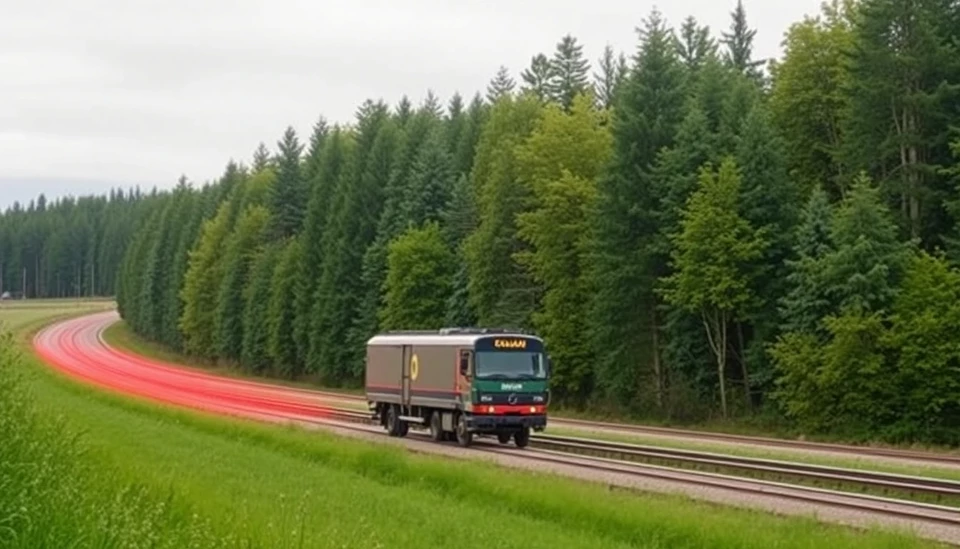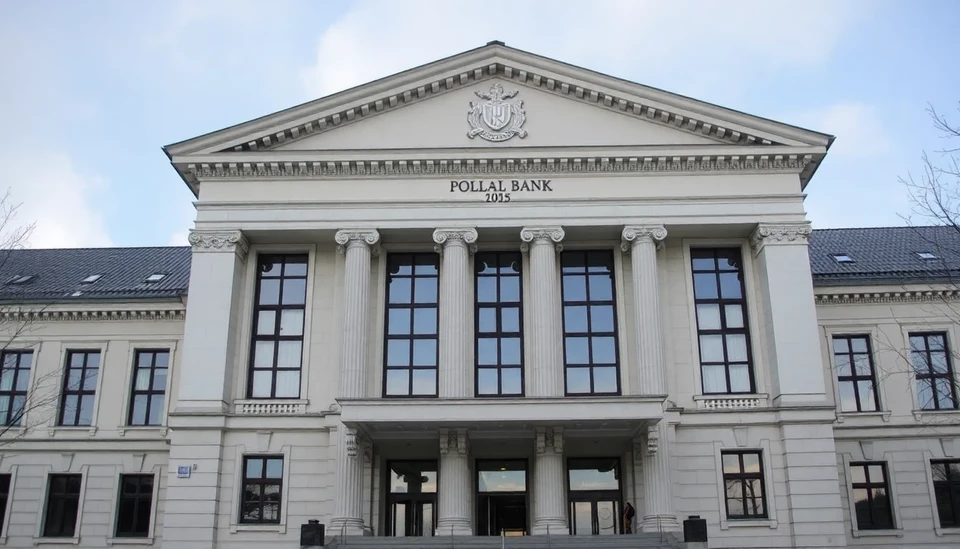
Poland is calling for a postponement in the implementation of a new carbon market system that aims to regulate emissions from the transport and heating sectors. This decision comes amidst growing concerns within the Polish government regarding the economic impact of these measures on local industries and consumers.
The proposed carbon market, part of a broader European Union effort to tackle climate change, is designed to incentivize lower emissions through a cap-and-trade system. Although it aims to improve air quality and meet international climate goals, Poland is arguing that the timeline for its execution is too aggressive and would place an undue burden on its economy.
Poland's government officials indicated that they are particularly worried about the financial implications for households and small businesses. The anticipated costs associated with carbon allowances could lead to increased energy prices, which would disproportionately affect less affluent citizens. Officials are advocating for a more gradual approach, suggesting that a delay would provide time for better preparation and allow for consideration of alternative solutions that could ease the transition for all stakeholders.
Furthermore, stakeholders from various sectors, including transportation and heating, have voiced their concerns about the immediate implications of the carbon market. Many believe that without proper adjustments and support mechanisms, jobs could be at risk, and investment in essential infrastructure may be hampered.
The discussion surrounding the carbon market's implementation is taking place as the EU reinforces its commitment to ambitious climate targets, aiming to reach net-zero emissions by 2050. Poland, being one of the largest carbon emitters in Europe, faces a critical balancing act between compliance with EU regulations and safeguarding its economic stability.
As negotiations continue, it remains to be seen how Poland's call for a delay will be received by EU officials, who may view this request as a challenge to collective efforts in combating climate change. The country's stance underscores the ongoing tension between environmental policy and economic interests within the bloc.
In summary, Poland's appeal for postponement raises significant questions about the future of carbon pricing in Europe and highlights the delicate interplay between achieving climate objectives and maintaining economic growth. This development will be closely monitored, as it could potentially influence other member states grappling with similar concerns.
#Poland #CarbonMarket #ClimateChange #EnergyPrices #EURegulations
Author: Megan Clarke




